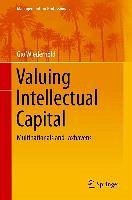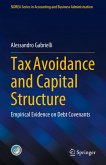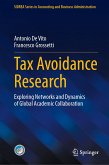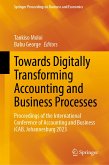CFOs, corporate auditors, corporate financial analysts, corporate financial planners, economists, and journalists working with issues of taxation will benefit from the concepts and background presented in the book. The material clearly indicates how a trustworthy valuation of intellectual capital allows a realistic assessment of a company's income, earnings, and obligations.¿ Because of the intense interest in the topic of corporate tax avoidance the material is organized to be accessible to a broad audience.
Gio Wiederhold is professor emeritus of Computer Science at Stanford University. He holds a PhD from the University of California, San Francisco and an honorary D.Sc. from the National University of Ireland, Galway. He has been elected as a fellow of the ACM, the IEEE, and the ACMI. Gio hasbeen consulting on technical- and business-related issues since 1965 in government, academia, and industry, including several multinationals in finance, computing, and pharmaceuticals. He currently teaches two courses at Stanford: Business on the Internet and Software Economics.
Dieser Download kann aus rechtlichen Gründen nur mit Rechnungsadresse in A, B, BG, CY, CZ, D, DK, EW, E, FIN, F, GR, HR, H, IRL, I, LT, L, LR, M, NL, PL, P, R, S, SLO, SK ausgeliefert werden.









